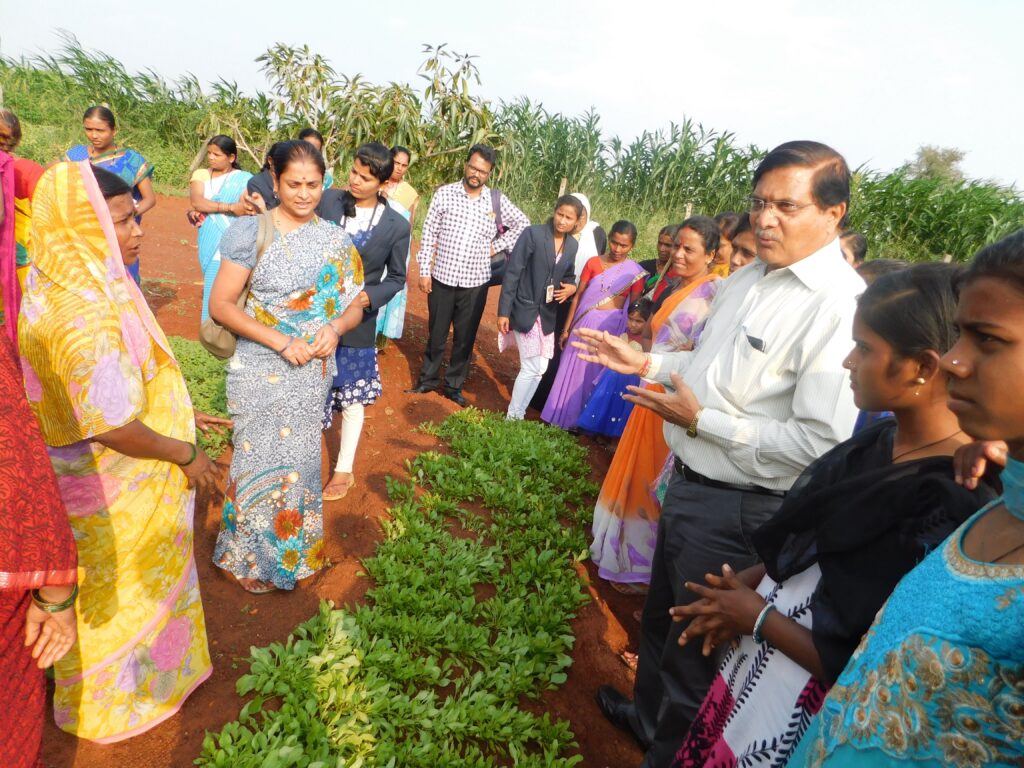NUTRITION EDUCATION FOR WOMEN
The Importance of Nutrition for Women and Human Rights
Nutrition plays a crucial role in supporting human rights, particularly for vulnerable groups like women, children, and girls. These groups often face generational cycles of deprivation. Proper nutrition has a profound impact on physical and mental health, and malnutrition is a serious concern in India, especially among women. Ensuring good nutrition is key to human development, reducing the risk of infections, improving overall health, and enhancing learning and productivity. Since women are the backbone of families, their health and nutrition are essential to family stability and national progress.

The Challenge of Malnutrition and Anaemia in India
India faces some of the highest malnutrition rates among women in the developing world. Iron Deficiency Anaemia (IDA) remains a significant public health issue, particularly among women of reproductive age. About 52% of Indian women are anaemic, with 15% suffering from moderate anaemia and 2% from severe anaemia. Iron deficiency is responsible for 95% of anaemia cases, with other deficiencies, like folic acid and vitamin B12, accounting for the remaining cases.
Project Overview
SEVAK is dedicated to raising awareness and implementing strategies to prevent and manage IDA. This includes organizing workshops, promoting healthy eating habits, and introducing cost-effective nutritional solutions like bio-intensive vegetable gardening. These initiatives are supported by the National Council for Science and Technology Communication (NCSTC) under the Department of Science and Technology, Government of India, and receive technical collaboration from multiple agricultural and nutrition institutions.
Key Objectives
– The “Nutrition Education for Women” (NEW) project aims to empower 300 women representatives who can influence their communities.
– The project promotes culturally relevant dietary habits and the use of local food resources to meet health needs.
– It provides essential knowledge and skills for cost-effective solutions to malnutrition and health issues.
– The goal is to engage women in government health and nutrition initiatives to enhance their community impact.
– SEVAK continues to conduct workshops under the NEW project for women’s organizations, education students, social work students, and adolescent girls.
– These workshops focus on preventing Iron Deficiency Anaemia, especially in the districts of Belagavi, Chikodi, Dharwad, Gadag, and Raichur.

